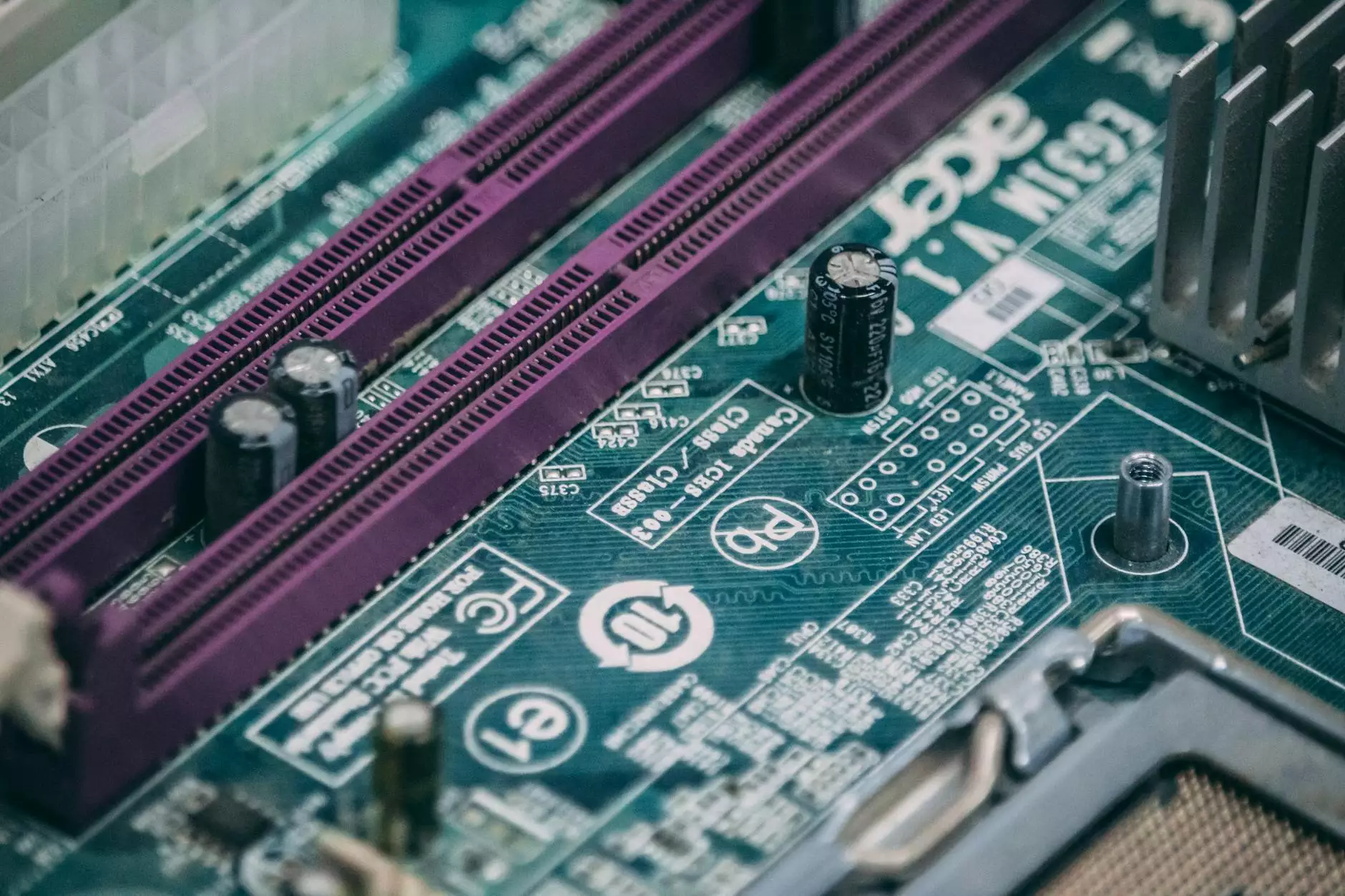The Importance of Crankshaft Materials for Optimal Engine Performance
Content Marketing
When it comes to understanding the crankshaft materials used in modern engines, there is a fascinating world of precision engineering and metallurgy at play. A crankshaft is a crucial component of any internal combustion engine, converting the linear motion of the pistons into rotational motion to drive the vehicle forward.
What Are Crankshafts Made Of?
Crankshafts are typically made of high-quality alloy steels due to their excellent combination of strength, durability, and resistance to fatigue and wear. These alloys are carefully selected to withstand the extreme forces and temperatures experienced within an engine.
The Process of Crankshaft Casting
One of the most common methods for manufacturing crankshafts is through casting, a process that involves pouring molten metal into a mold to create the desired shape. Various materials can be used for casting, including steel, iron, and aluminum, each offering different mechanical properties and performance characteristics.
Choosing the Right Material for Your Crankshaft
When selecting the material for a crankshaft, engineers consider factors such as the engine's power output, operating conditions, and desired performance characteristics. High-performance engines often use specialized alloys such as chromoly steel or nodular iron to meet the demanding requirements of racing or heavy-duty applications.
Common Materials Used in Crankshaft Manufacturing
Some of the most common materials used in crankshaft manufacturing include:
- Steel Alloys: Steel is a popular choice for crankshafts due to its high strength and durability. Variants such as carbon steel and stainless steel are commonly used in different applications.
- Cast Iron: Cast iron crankshafts offer excellent damping properties and are often found in less-demanding engine configurations.
- Aluminum Alloys: Lightweight and corrosion-resistant, aluminum alloy crankshafts are used in some high-performance and racing engines.
- Titanium: In rare cases, titanium crankshafts are used for their exceptional strength-to-weight ratio, ideal for extreme performance applications.
Enhancing Performance Through Advanced Materials
Advancements in material science have led to the development of innovative materials such as composite and cryogenically treated alloys for crankshaft applications. These cutting-edge materials offer enhanced performance, reduced weight, and improved longevity for high-performance engines.
Choosing the Right Crankshaft Material for Your Engine
For engine builders and enthusiasts looking to optimize their engine's performance, selecting the right crankshaft material is essential. Factors such as cost, weight, strength, and intended use all play a role in determining the most suitable material for a given application.
Trust seostudios for Expertise in Crankshaft Materials
At seostudios, we specialize in providing comprehensive SEO services for businesses in the Business and Consumer Services industry, including in-depth content creation on technical topics such as crankshaft materials. Our team of experienced professionals can help your website rank higher in search engine results and connect with your target audience effectively.
Explore our range of services today and discover how we can elevate your online presence with strategic SEO solutions tailored to your specific needs.



